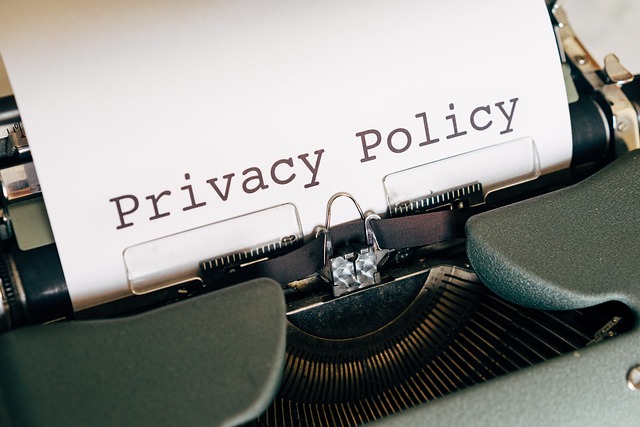In today’s digital age, the significance of educational data protection cannot be overstated. As our classrooms become increasingly intertwined with technology, safeguarding sensitive student information requires not just robust systems, but also a shared understanding of technology etiquette and an awareness of relevant social trends.
Technology etiquette plays a crucial role in creating a secure environment for educational data. With students and educators alike often using personal devices to access school resources, the need for responsible usage and awareness of privacy settings is more pressing than ever. This begins with teaching students about the implications of sharing personal information online. They must learn to recognize phishing attempts and avoid oversharing on social media platforms that could inadvertently expose personal educational data. Educators should model this behavior by maintaining professionalism online and demonstrating how to safeguard their digital footprint.
Moreover, it is also essential to foster a culture of respect and vigilance within educational institutions regarding technology usage. By integrating discussions about online privacy and data respect into the curriculum, schools can ensure that students understand the value of their own and others’ information. This awareness cultivates a community where everyone feels responsible for protecting shared data.
In parallel, we must also consider the ever-evolving social trends that affect how educational data is viewed and managed. The rise of remote learning has shifted the landscape dramatically, necessitating new strategies for educational data protection. Transitioning to online platforms exposes institutions not only to new teaching methodologies but also to heightened risks of data breaches and context-related misuses. Social trends that emphasize transparency, accountability, and ethical responsibilities can guide best practices in protecting educational data.
Furthermore, with the growing use of artificial intelligence in education, educators and institutions face unique challenges. The collection of student data can lead to insights that improve learning experiences, but it also raises concerns about privacy and ownership. Navigating these waters requires ongoing discussions about consent and ethical data usage, ensuring that data protection is woven into the fabric of educational innovation.
Addressing educational data protection requires a holistic approach. Schools must strive to balance technological advancement with the ethical responsibilities they hold towards their students. By fostering technology etiquette and remaining attuned to social trends, educational institutions can create a safe environment where both data and individuals are protected and respected. The fusion of technology with education opens new doors, but it’s our duty to ensure that these doors lead to safer shores.




